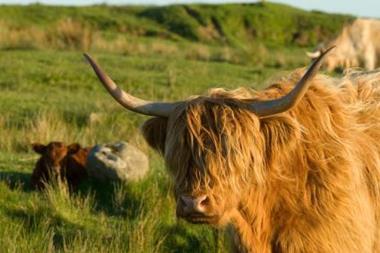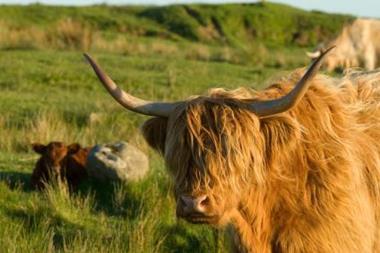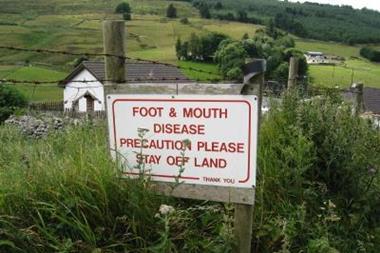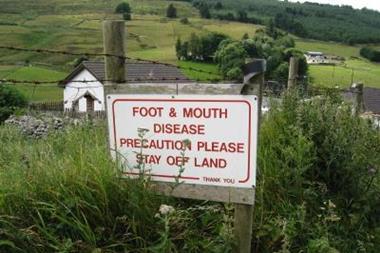The two new cases are within the current bluetongue protection zone
Two new outbreaks of bluetongue have been found.
The cases, on two premises—one near Peterborough and another near Ashford in Kent, England—were confirmed by Defra (the Department for Environment, Food and Rural Affairs).
Defra said the new cases are within the current bluetongue protection zone.
In line with the EU legislation, control zones have been put in place around these new cases, while investigations are undertaken. The existing protection zone has also been extended.
Fred Landeg, deputy chief veterinary officer said: "This is obviously unwelcome news for the farming industry, however, given the nature of this disease and its means of spread, this is not entirely unexpected. We will carry out further investigations on these farms, and in the surrounding area to assess the disease situation and possible sources of incursion.
"Once again, we are grateful for the vigilance of farmers in reporting disease, and urge them to remain vigilant. We will continue to work with our core industry group to assess the disease situation and develop the disease control strategy in partnership with the farming industry."
Bluetongue is a non-contagious virus spread by a midge species, affecting ruminants including sheep and cattle.



















No comments yet